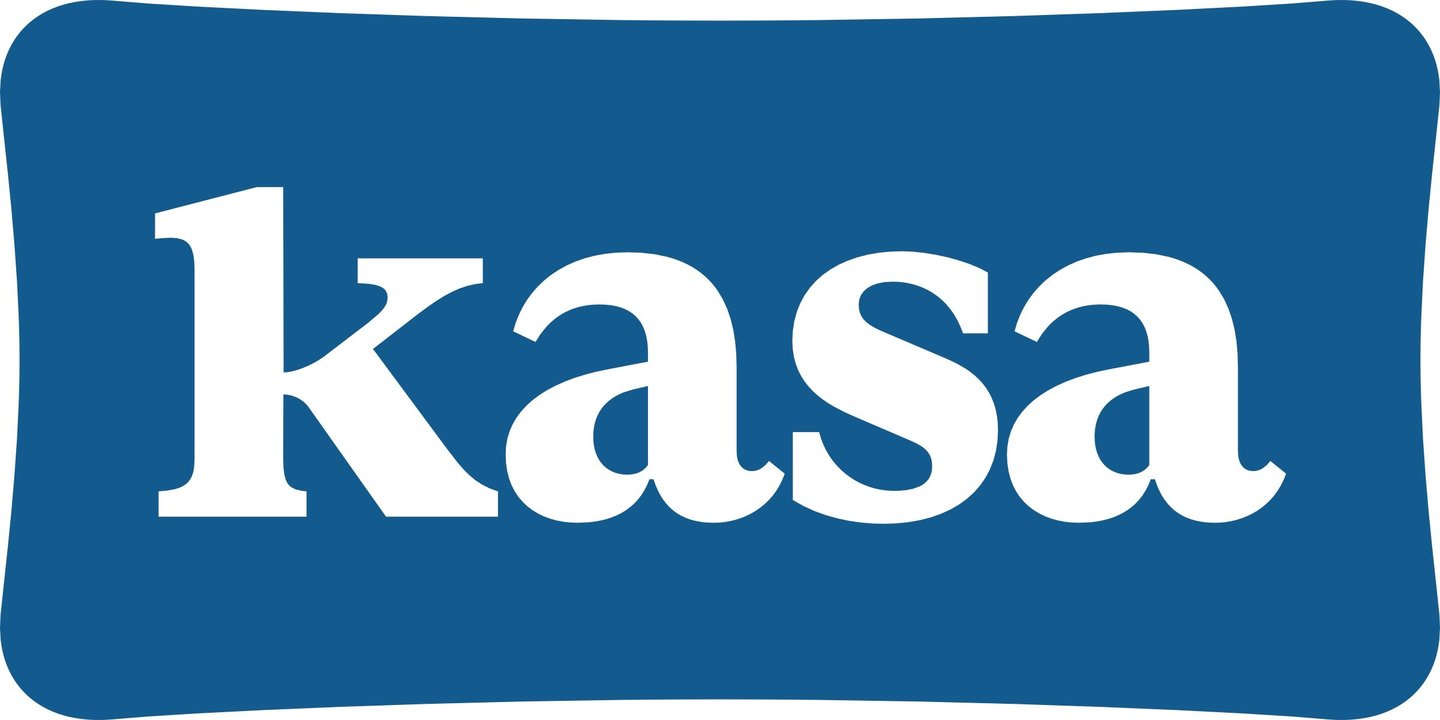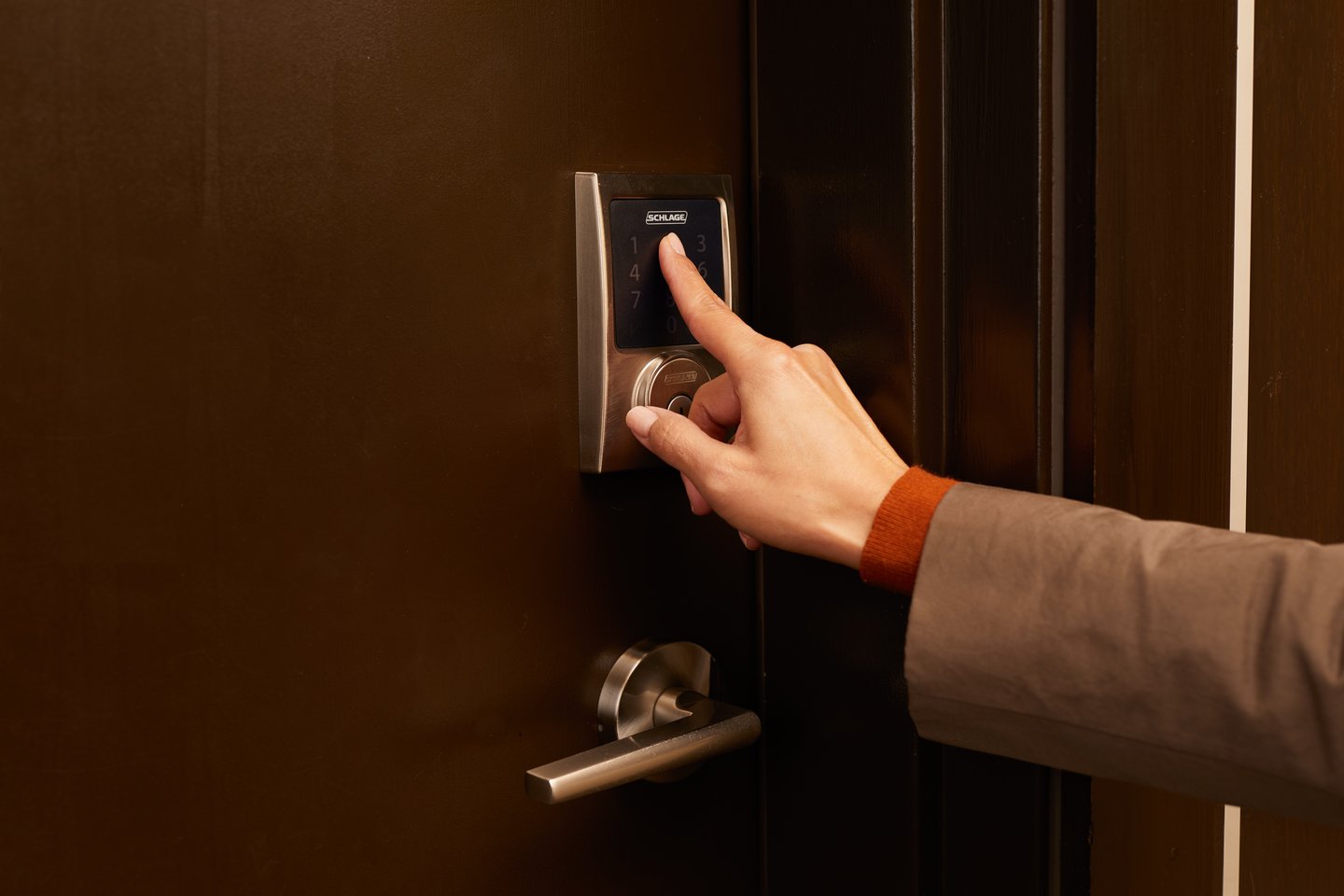Kasa: A Tech Company that Provides Hospitality Services
During a recent interview, Kasa’s Head of Engineering Jeff McConathy, says that the company describes itself as a tech-enabled flexible accommodations brand and operator with “hospitality that is always felt but rarely seen.” What does this mean? It means that Kasa focuses on a guest experience that sidesteps the traditional touch points one might find in a “normal” hotel environment (think the front desk) but also sidesteps the awkwardness that might come from renting a room or home from an actual homeowner a la airbnb or VRBO.
Kasa entered the market as a company that allows guests to rent apartments in luxury residential buildings with the same type of consistency that they would get from renting a hotel room from a big hospitality brand. This provides the best of both worlds – the amenities and home-y feel of an apartment with the management and consistency that comes from a brand.
“We've even gotten really positive feedback from guests who feel more part of the community while they're traveling because they're staying in a place like this,” McConathy notes.
BUILDING TRUST VIA TECH
But to do this effectively, safety and trust is incredibly important to Kasa. Since it’s renting out units in residential buildings, it wants to ensure the residents are happy with its business model and with the guests who are renting out the units. For this reason, Kasa has embedded quite a bit of unique technology into its units and booking process.
“Part of our booking process is to upload a copy of your ID. Then our computer program asks the one who is booking the apartment to move their head around so as to get a full view of it and matches it against the ID to ensure a 17-year-old kid didn’t steal their dad’s driver’s license and use it to book an apartment,” McConathy notes.
Once guests are in the apartment, there are noise sensors to ensure raucous partying doesn’t disrupt the residents.
“We’re very clear upfront with our guests about what our technology does and why it’s there,” McConathy adds. “For example, our noise sensors have no capability to record actual audio. All we can see is the decibel level.”
If the noise sensors detect a high amount of noise that’s been maintained for a specific period of time, the guest services team is notified first. If Kasa’s staff determines that the guest needs to be notified, they’ll be sent a text message reminding them of the house rules and asking them to quiet down.
“Nine times out of 10 that's enough and things quiet down. Usually, it's not a malicious thing. It's just somebody had some people over and they happen to be loud,” he adds.
FOR THE LOVE OF IoT, DATA
Kasa has continued to grow, and now it’s no longer operating just single apartment units. The brand has also begun to operate entire buildings. And with this growth has come even more development of technology – specifically the expansion of integrations on the IoT side of things.
For example, many buildings have a variety of systems in place for front door codes, garage gates, etc. But in the Fall of 2021, Kasa launched an initiative where it can directly integrate into these systems using its own APIs to ensure guests use a single code to get into the building, open the apartment door and get into the garage.
Additionally, the company focuses heavily on using data to be highly efficient. For instance, it created its own task management system to ensure it has the right number of housekeepers scheduled for a specific date and time as well as the correct number of linens, shampoos, and any other amenities that need to go into the units.
Kasa has also done a lot of work with door locks. It creates and uses its own API's that were developed to communicate back and forth with any electronic lock in the industry to do the code setting, alerting, etc., so that a data point as small as the battery level is consistently recorded and monitored to ensure no guest ever has an issue with a dead lock. But it’s not just about dead batteries. If the company sees that a battery is deteriorating faster than normal, it might mean the gear in the door lock is getting old or if it sees that the latch is trying to close repeatedly, that could be an indication that the door is out of alignment and maintenance will be dispatched to check out the door.
“Our whole point is to buy some hardware that is proven to work well, but then we want to manage it from there. We don't want to rely on other third-party services,” he adds.
Why is that? According to McConathy, relying on others impacts the company’s ability to innovate and drive the business forward.
“There may be some solutions out there that are great, but they don’t quite work the way we want or need them to, McConathy says. “That limits us. We don’t want to be limited in any way, so we create our own solutions instead.
“We’re a technology company that provides a hospitality service,” McConathy adds. “I came here to help make sure that as we continue to grow as a company we do it with the mindset of a technology company and not a traditional hospitality company.”



